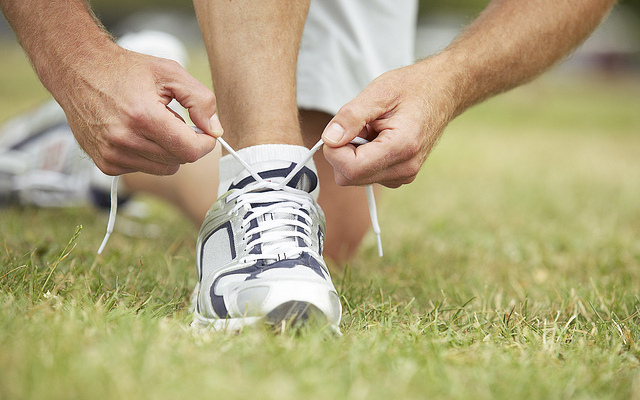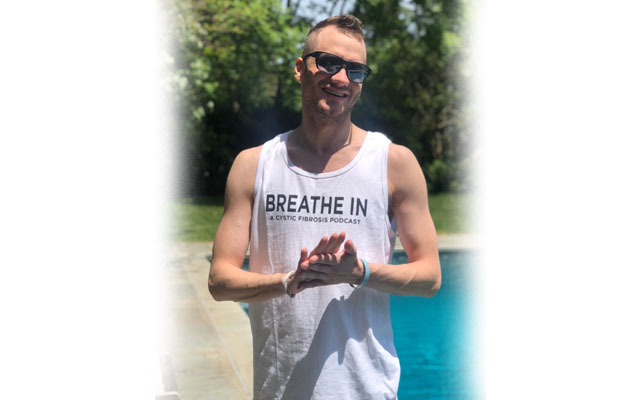Empowerment.
The AIDS movement from the 80’s and 90’s is the gold standard for what patient empowerment should look like. It was essentially a patient centric civil rights movement that changed much of the healthcare landscape. Most notably with the way the FDA looks at clinical trials and oversight into breakthrough medications. What I’d like to focus on, however, is what the patients did as a community (and individuals). A number of really incredible patients drove change that has transcended time, and bolstered a transformation of the disease not only on an individual level, but also community wide – kind of like what we saw in Dallas Buyers Club, where patient education and the will to survive at whatever the cost leads to enhanced disease outcome.
A few weeks ago we discussed the how it’s important to advocate for what YOU need as well as what the community needs, and I think the AIDS movement underscores that.
So what can we takeaway from the HIV/AIDS movement apply to our CF community? The AIDS patient population from the 80s and 90s could be compared to the makings of an army tasked with instituting a dramatic policy change. You had a number of adults making a very, very loud noise looking for answers and they weren’t going to stop at anything.
In the CF community, I think we have a number of vocal patients, but there aren’t enough. I’m not talking about the people who candidly share their stories on Instagram (that’s great, but does that really promote change?). I’m talking about the people that go to bat for other patients and families. Patients like Sabrina Walker and Reid D’Amico who spoke so candidly at last weekend’s CFRI conference.
We have quite a few loud parents and advocates, but I’m going to make the case that we don’t need any more of that.
As patients with CF begin to live longer, we need to transition community leadership into the hands of PATIENTS. We live with this thing, and we know exactly what we need and how we need it.
I’m calling for patients to step up and take leadership positions in groups and organizations that are overwhelming led by people who support us. I’m not saying it’s time for parents, caregivers, etc. to take a back seat – it’s important for them to continue their invaluable supporting roles; rather I want patients to lead our charge into the future.
You damn well know that as soon as some of these late stage trial therapies hit wide access, we’re going to have a lot of patients with energy we’ve only dreamed of. We’re going to have an opportunity to feel the empowerment that the AIDS community experienced in the 80s and 90s.
The transition will be messy, and some feelings may be hurt along the way. We’ve been in the driver seat all along, but we just haven’t had anything to get us going. The time when we hand the keys to patients is now.
As with any chronic illness, the patient is the priority, the only priority, because survival is what we’re all striving for.
The will to survive is what made the AIDS community so impactful, and I hate to say it, but for many years it’s almost like we (CF patients) were brainwashed to believe that we had a timer on our lives (patients born today can expect to live to be X years old).
We’re suddenly about to be given the opportunity to survive a long, long time into the future and now is our chance to be even more impactful. In the months and years to come, cystic fibrosis will no longer be the killer that it once was. Sure it’ll still be hard, devastating and heartbreaking, but we’ll realize the opportunity to overcome immense adversity. Patients are already succeeding in doing so, the ones who have started families, have held down successful careers and manage cystic fibrosis as any other part of life. Now let’s apply those lessons to continue enhancing outcomes community wide.
We need patients across the CF patient population to step up and drive actual change. Sharing inspiring stories is one thing, using our individual stories to promote equality, and opportunity for all of us is another thing entirely. It’s time we transform into the army that was the AIDS community in the 80’s and 90’s and create change that transcends the entire rare genetic disease world.





